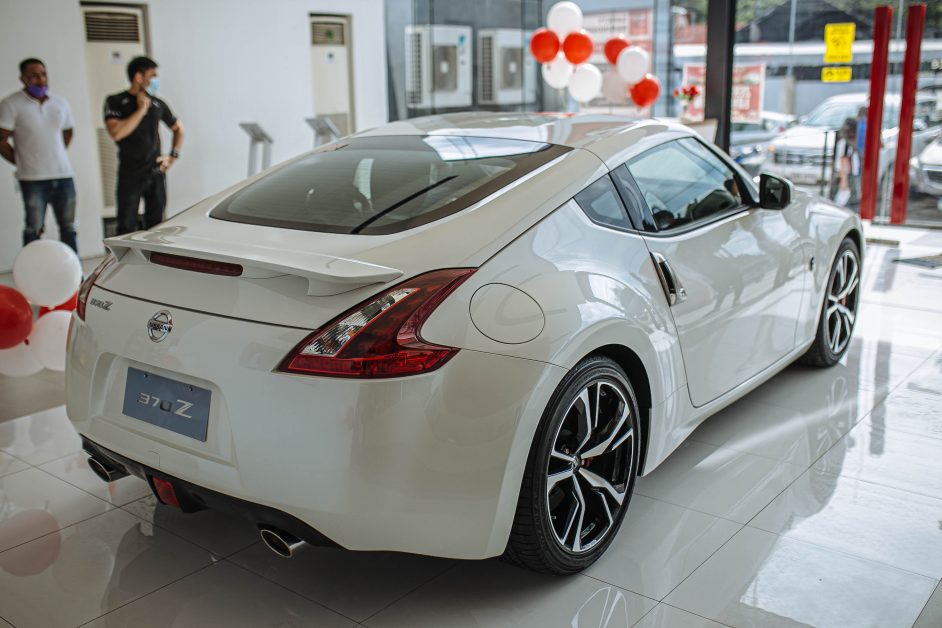Mileage is one of the key factors that potential car buyers consider when purchasing a used vehicle. It’s commonly believed that a car’s mileage reflects its age and condition, but the story doesn’t end there. In South Africa, where both urban commuting and long-distance travel are common, understanding how mileage affects a used car’s value and performance is crucial. Here’s a comprehensive look at how mileage impacts a used car, helping you make an informed decision.
1. Depreciation and Mileage
A car’s value depreciates with time, and mileage is a significant contributor to this depreciation. High mileage typically indicates that a car has experienced considerable wear and tear, which can decrease its resale value. In general, vehicles with lower mileage tend to retain their value better because they are often in better condition and potentially have a longer life expectancy.
2. Mileage vs. Age
It’s important to balance mileage with age when evaluating a used car. A newer car with high mileage may have been used for long highway commutes, which can be less taxing on the vehicle compared to a similar age car with low mileage that was driven short distances in stop-and-go traffic. Urban driving can cause more wear and tear, including on the brakes and transmission.

3. Expected Mileage
In South Africa, the average annual mileage for a vehicle is typically around 20,000 to 25,000 kilometers. Cars that exceed this range may be considered high mileage, which could impact their market value and expected lifespan. Conversely, vehicles well below this range might retain their value better and be in higher demand.
4. Performance Issues
High mileage can affect various mechanical components and the overall performance of the car. Common issues include increased engine wear, potential problems with the suspension, and the degradation of the transmission system. These factors not only affect the driving experience but can also lead to higher maintenance costs.
5. Maintenance and Service History
A well-maintained car with high mileage could be a better purchase than a low-mileage car that was neglected. Comprehensive service records that show regular maintenance, such as oil changes, brake repairs, and other periodic services, are good indicators that the car has been cared for properly. This history can mitigate some of the negative perceptions associated with high mileage.
6. Warranty and Future Expenses
Many used cars may still be under their original manufacturer’s warranty, which can provide some reassurance to buyers. However, high-mileage cars may be close to or have already exceeded these warranty limits, potentially leading to future expenses that are no longer covered.

7. Checking Critical Components
When considering a high-mileage vehicle, it’s particularly important to check the condition of critical components like the engine, transmission, and drivetrain. Look for signs of excessive wear, listen for unusual noises, and take note of any performance irregularities during the test drive.
8. Resale Value Considerations
If you plan to resell the car in the future, consider how additional mileage will affect its value during your ownership period. Cars that start with higher mileage will typically depreciate faster than those with lower initial mileage.
Conclusion
Mileage is a valuable indicator of a car’s condition and potential lifespan but should not be the sole factor in making a purchase decision. Considering the balance between mileage, age, condition, and maintenance history will provide a more comprehensive view of the vehicle’s worth. For buyers in South Africa, where diverse driving needs can significantly impact a vehicle, these considerations are especially pertinent in ensuring that you choose a car that meets both your budget and your lifestyle needs effectively.



Comment